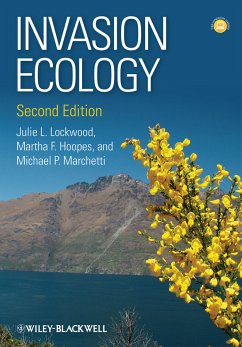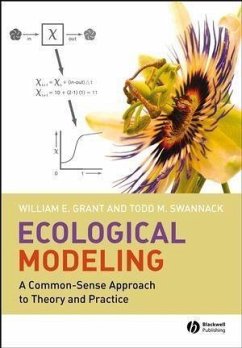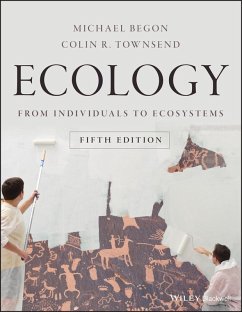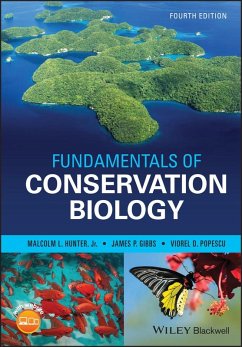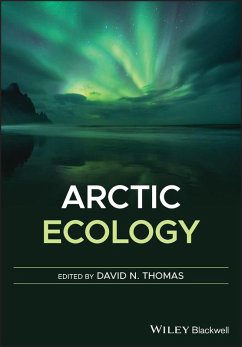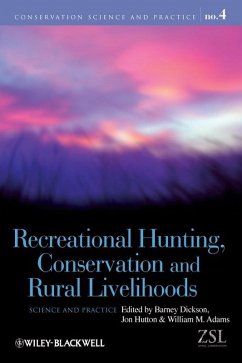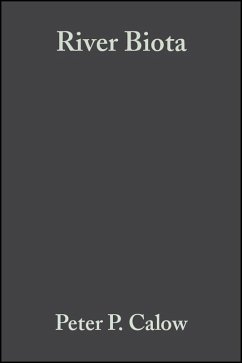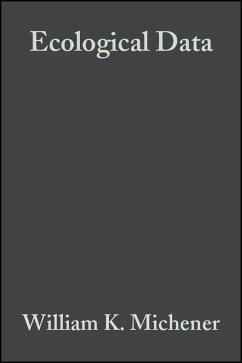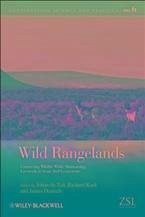
Wild Rangelands (eBook, PDF)
Conserving Wildlife While Maintaining Livestock in Semi-Arid Ecosystems
Redaktion: Du Toit, Johan T.; Deutsch, James; Kock, Richard
Versandkostenfrei!
Sofort per Download lieferbar
71,99 €
inkl. MwSt.
Weitere Ausgaben:

PAYBACK Punkte
0 °P sammeln!
Rangeland ecosystems which include unimproved grasslands, shrublands, savannas and semi-deserts, support half of the world's livestock, while also providing habitats for some of the most charismatic of wildlife species. This book examines the pressures on rangeland ecosystems worldwide from human land use, over-hunting, and subsistence and commercial farming of livestock and crops. Leading experts have pooled their experiences from all continents to cover the ecological, sociological, political, veterinary, and economic aspects of rangeland management today. This book provides practitioners an...
Rangeland ecosystems which include unimproved grasslands, shrublands, savannas and semi-deserts, support half of the world's livestock, while also providing habitats for some of the most charismatic of wildlife species. This book examines the pressures on rangeland ecosystems worldwide from human land use, over-hunting, and subsistence and commercial farming of livestock and crops. Leading experts have pooled their experiences from all continents to cover the ecological, sociological, political, veterinary, and economic aspects of rangeland management today. This book provides practitioners and students of rangeland management and wildland conservation with a diversity of perspectives on a central question: can rangelands be wildlands? * The first book to examine rangelands from a conservation perspective * Emphasizes the balance between the needs of people and livestock, and wildlife * Written by an international team of experts covering all geographical regions * Examines ecological, sociological, political, veterinary, and economic aspects of rangeland management and wildland conservation, providing a diversity of perspectives not seen before in a single volume
Dieser Download kann aus rechtlichen Gründen nur mit Rechnungsadresse in A, B, BG, CY, CZ, D, DK, EW, E, FIN, F, GR, HR, H, IRL, I, LT, L, LR, M, NL, PL, P, R, S, SLO, SK ausgeliefert werden.




